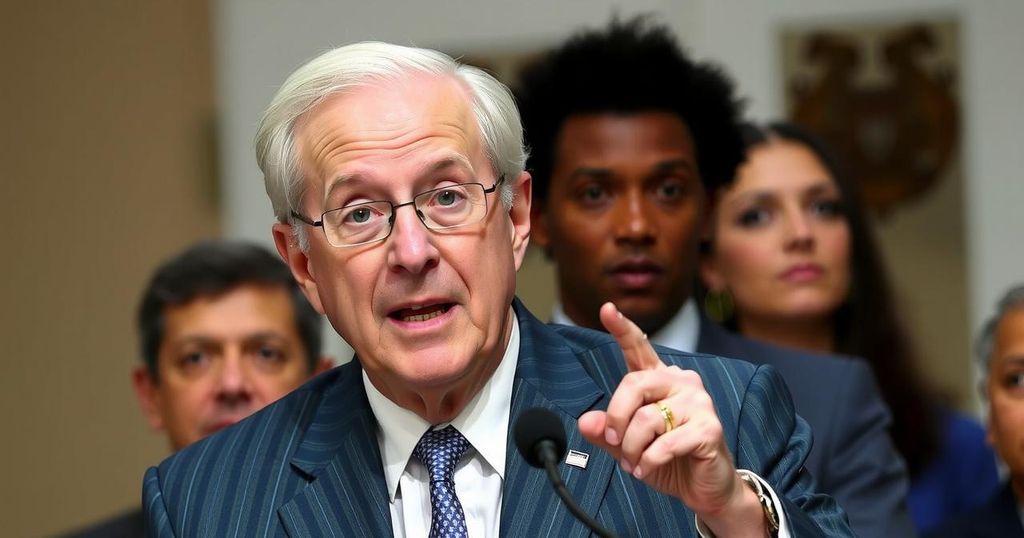The Biden administration has extended Temporary Protected Status for nearly one million immigrants from El Salvador, Sudan, Ukraine, and Venezuela, allowing them to renew work permits and avoid deportation. This decision seeks to protect these populations amid potential policy reversals expected under the incoming Trump administration, which has pledged to enforce stricter immigration rules and limit TPS protections.
On Friday, the Biden administration announced the extension of Temporary Protected Status (TPS) for nearly one million immigrants from El Salvador, Sudan, Ukraine, and Venezuela. This move allows these individuals to renew their work permits and avoid deportation amid ongoing crises in their respective countries. The extensions, covered by the Department of Homeland Security, include approximately 234,000 Salvadorans, 1,900 Sudanese, 104,000 Ukrainians, and 600,000 Venezuelans, with TPS for El Salvador lasting until March 2026 and for other countries until October 2026.
This decision comes in the wake of concerns about potential reductions in TPS protections under incoming President Donald Trump, who has expressed plans to reverse Biden’s immigration policies and implement stricter immigration controls. Historically, Trump and Vice President JD Vance have been critical of TPS, asserting that its extensions have exceeded their intended temporary nature. During Trump’s first term, attempts to revoke TPS protections faced legal challenges that hindered their implementation.
While the Biden administration’s extension of TPS offers security to existing recipients, it has not expanded eligibility for new arrivals, despite pressure from progressive advocates aiming to shield additional groups from deportation under Trump’s anticipated policies. For instance, a redesignation for Venezuelan migrants could have benefitted an additional 450,000 individuals. Moreover, the administration has opted against extending TPS eligibility to Nicaraguan immigrants in response to concerns about potential political ramifications.
The immigrant populations affected by this order have diverse histories in the United States; Salvadorans with TPS have largely been present for over two decades, while Venezuelan recipients typically entered the country during recent migratory crises. Notably, Ukrainian TPS holders were processed soon after their nation was invaded by Russia, often facilitated through newly established immigration initiatives.
The Temporary Protected Status program was created to provide refuge for immigrants from countries experiencing significant instability, including war or natural disasters. The Biden administration’s recent decision to extend TPS reflects its commitment to protect vulnerable immigrant populations. This move stands in stark contrast to the anticipated policies of the Trump administration, which has a history of advocating for stricter immigration measures and the elimination of protective status for many immigrants. The decision to extend TPS highlights ongoing debates within U.S. immigration policy and the complexities surrounding the legal status of immigrants in crisis situations.
The Biden administration’s extension of Temporary Protected Status for nearly one million immigrants from El Salvador, Sudan, Ukraine, and Venezuela showcases a protective stance against potential deportation threats from the upcoming Trump administration. While this action offers crucial reprieve to established immigrant populations, the decision not to expand eligibility for new arrivals indicates the administration’s cautious approach amid political pressures and divergent views on immigration policy. The complexities of TPS and its implications for affected communities continue to shape the U.S. immigration landscape.
Original Source: www.cbsnews.com






